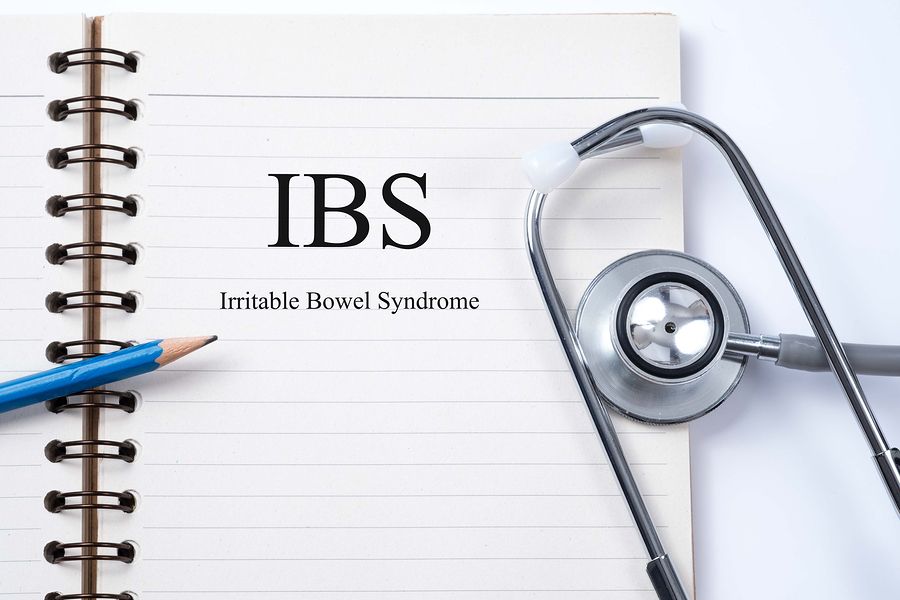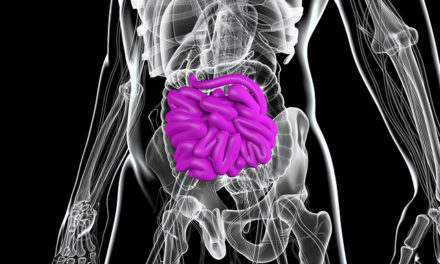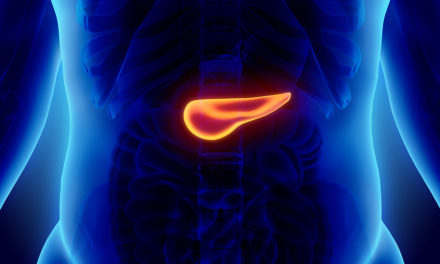Irritable bowel syndrome (IBS) can cause abdominal cramping, bloating and a change in bowel habits. Some people with the disorder have constipation. Some have diarrhea. Some go back and forth between constipation and diarrhea. It is more common in women than men. Frequently symptoms are worse with stress.
Although officially, the cause of IBS is unknown, there is some research that gives cluse to possible causes. A study appearing in the journal Gastroenterology (April 1992;102(4), looked at 242 patients with IBS Two-thirds of the subjects had a positive hydrogen breath test, which measures the amount of hydrogen in a person’s breath. Undigested lactose will produce hydrogen, so these subjects were lactose intolerant. A diet restricting lactose lead to a complete remission of symptoms in 43% of the subjects and a partial improvement of symptoms in 41% of the subjects. The authors of the study concluded that a hydrogen breath test should be considered in IBS patients, even though not all cases of IBS are due to lactose intolerance. Another study, appearing in Gastroenterology (June 2004;126(7):1721-1732) suggests that celiac sprue may initially present as IBS. The article suggests that testing for it in IBS patients may be worthwhile.
Bacterial overgrowth has been linked to IBS. In an article appearing in the Journal of the American Medical Association (August 18, 2004;292(7):852-858) suggests that overgrowth of bacteria in the small intestine may be responsible for IBS. A study appearing in the American Journal of Gastroenterology (December 2000;95(12):3503-3506) looked at 157 patients with IBS and small intestinal overgrowth of bacteria. It found that 48% of the subjects had a remission of symptoms after taking antibiotics to kill the bacteria in the small intestine. Research appearing in the American Journal of Gastroenterology (2000; 95(5):1231-8) demonstrated that taking probiotic bacteria can reduce the symptoms of IBS.
Elaine Gottschall, a biochemist and cell biologist, postulated that a diet that is high in complex carbohydrates can lead to bacterial overgrowth, causing IBS, Crohn’s disease and ulcerative colitis. Her book, Ending the Vicious Cycle, presents a diet that is effective for many (but not all) patients with intestinal problems. Patients avoid not only lactose and gluten, but all starches and refined sugar. The idea is to stop feeding the bacteria and to let the gut return to normal.






